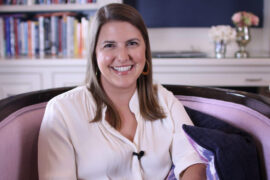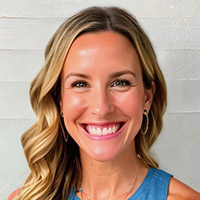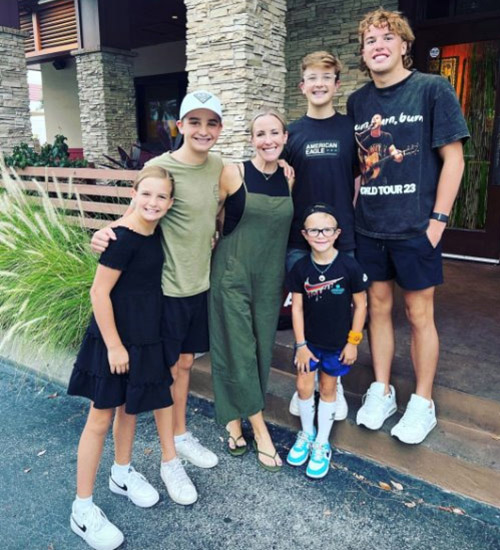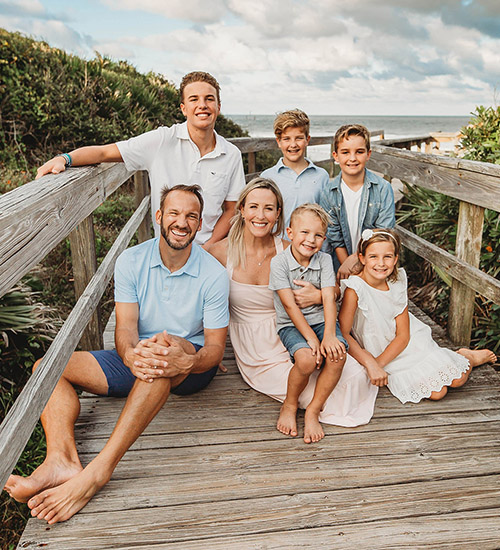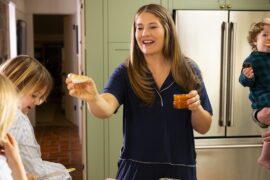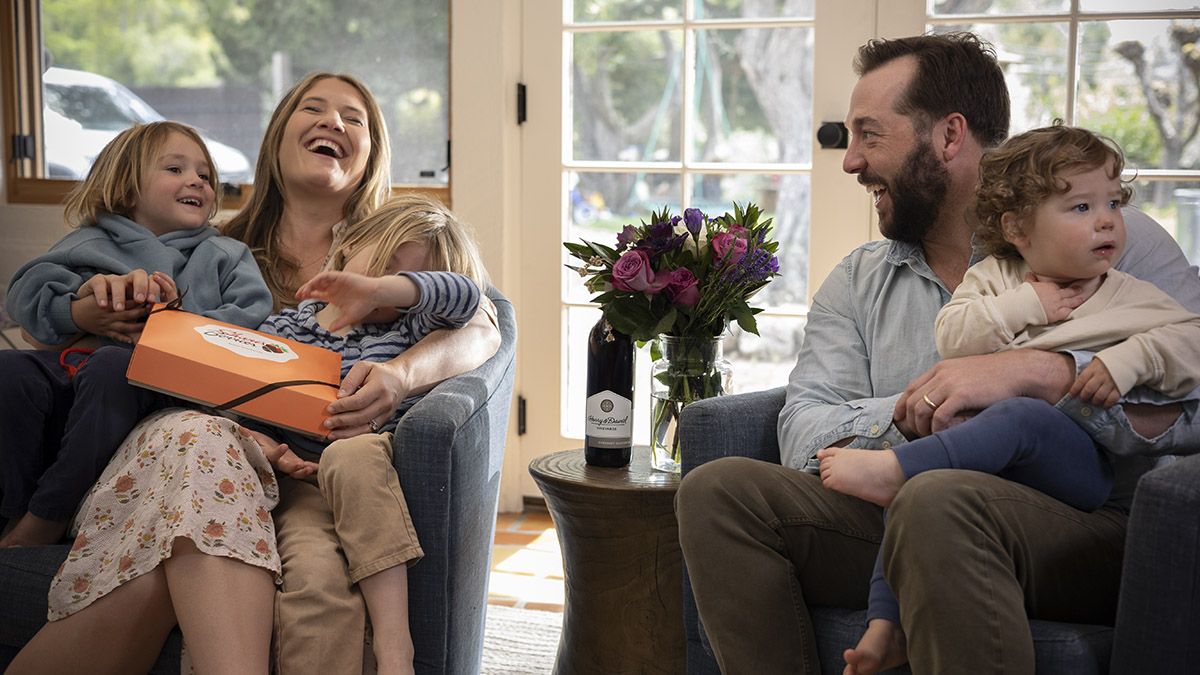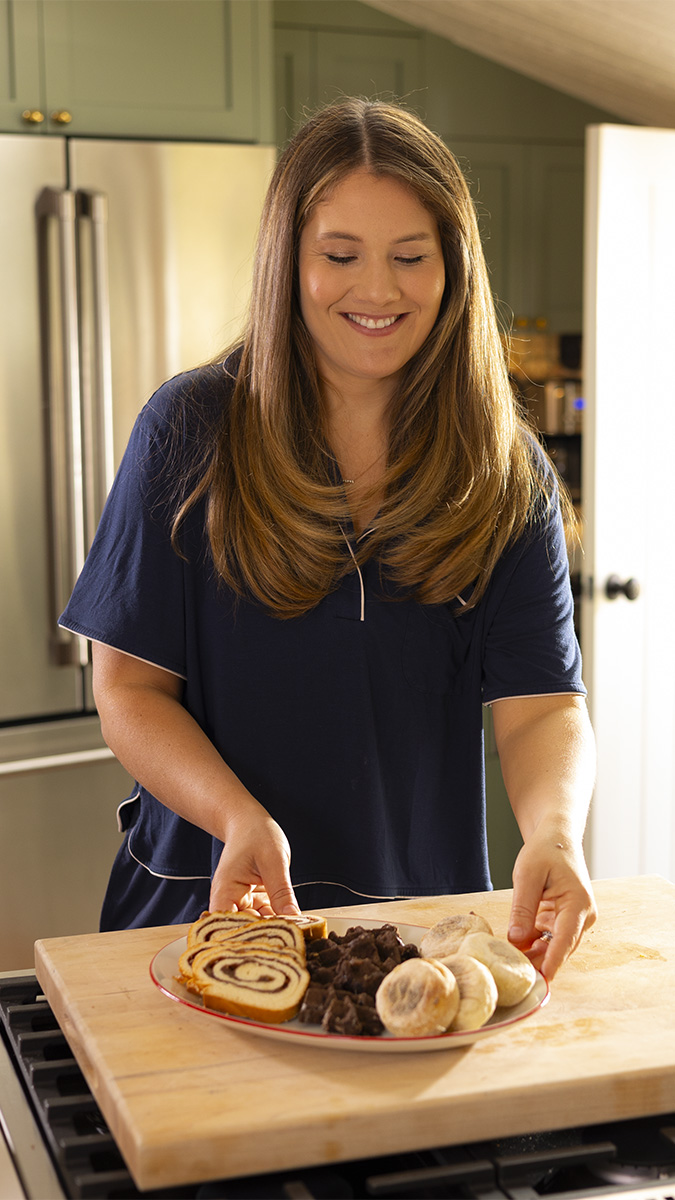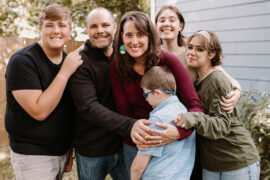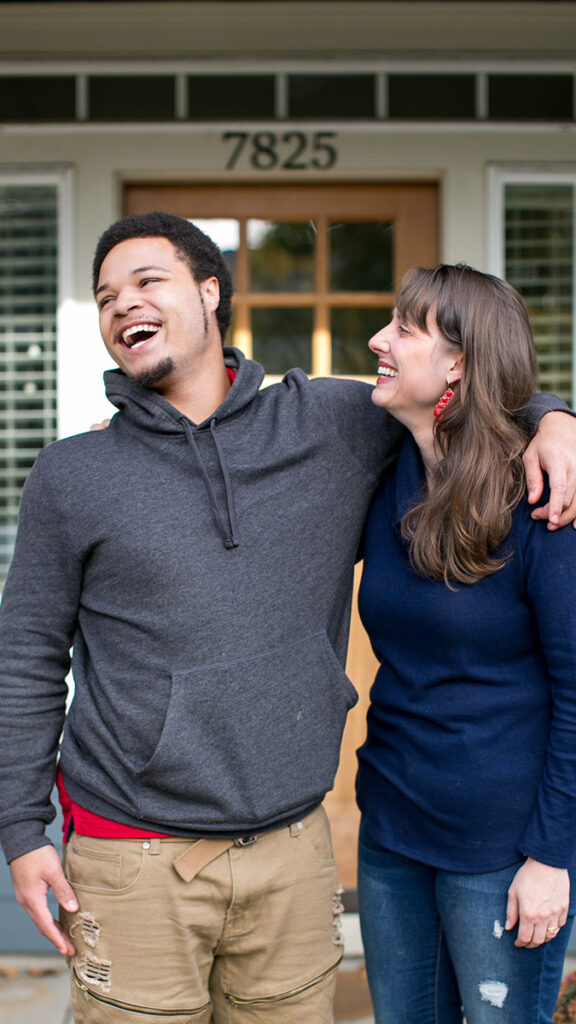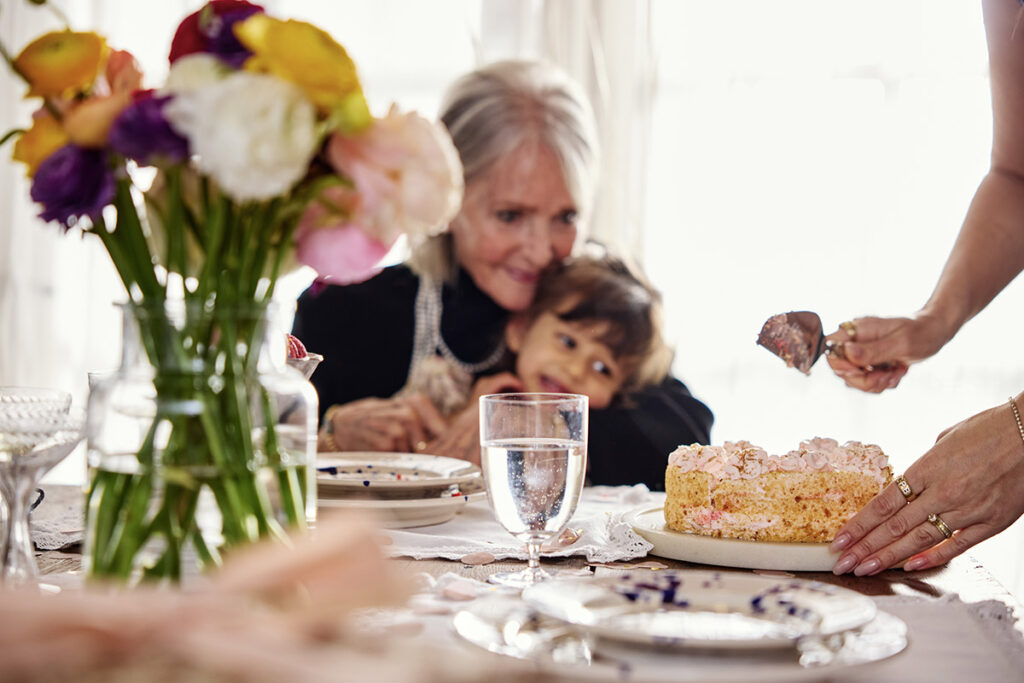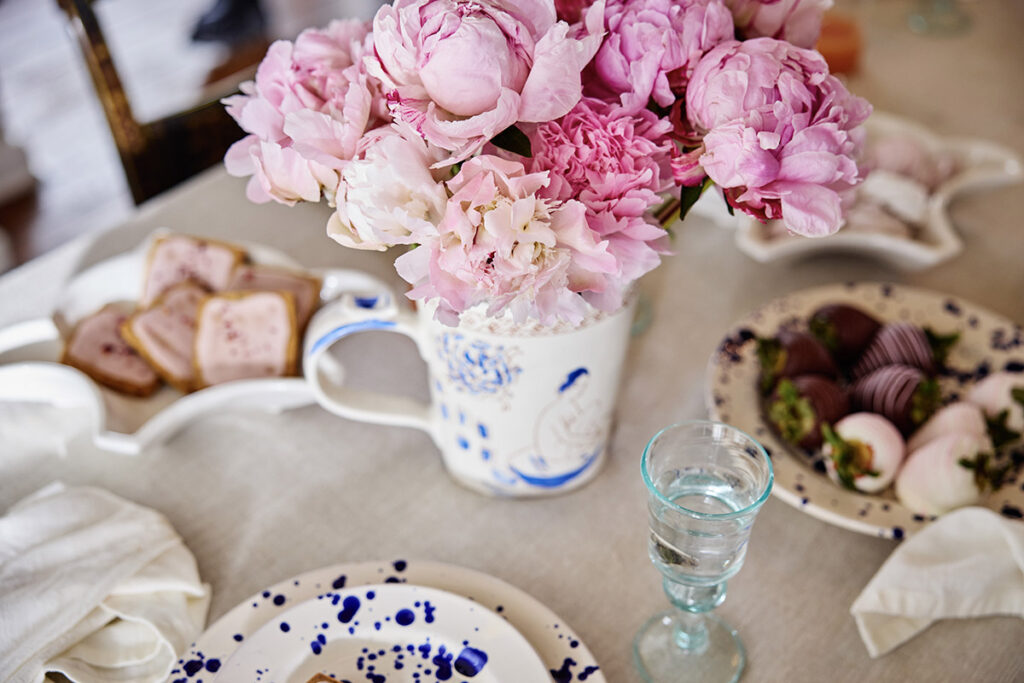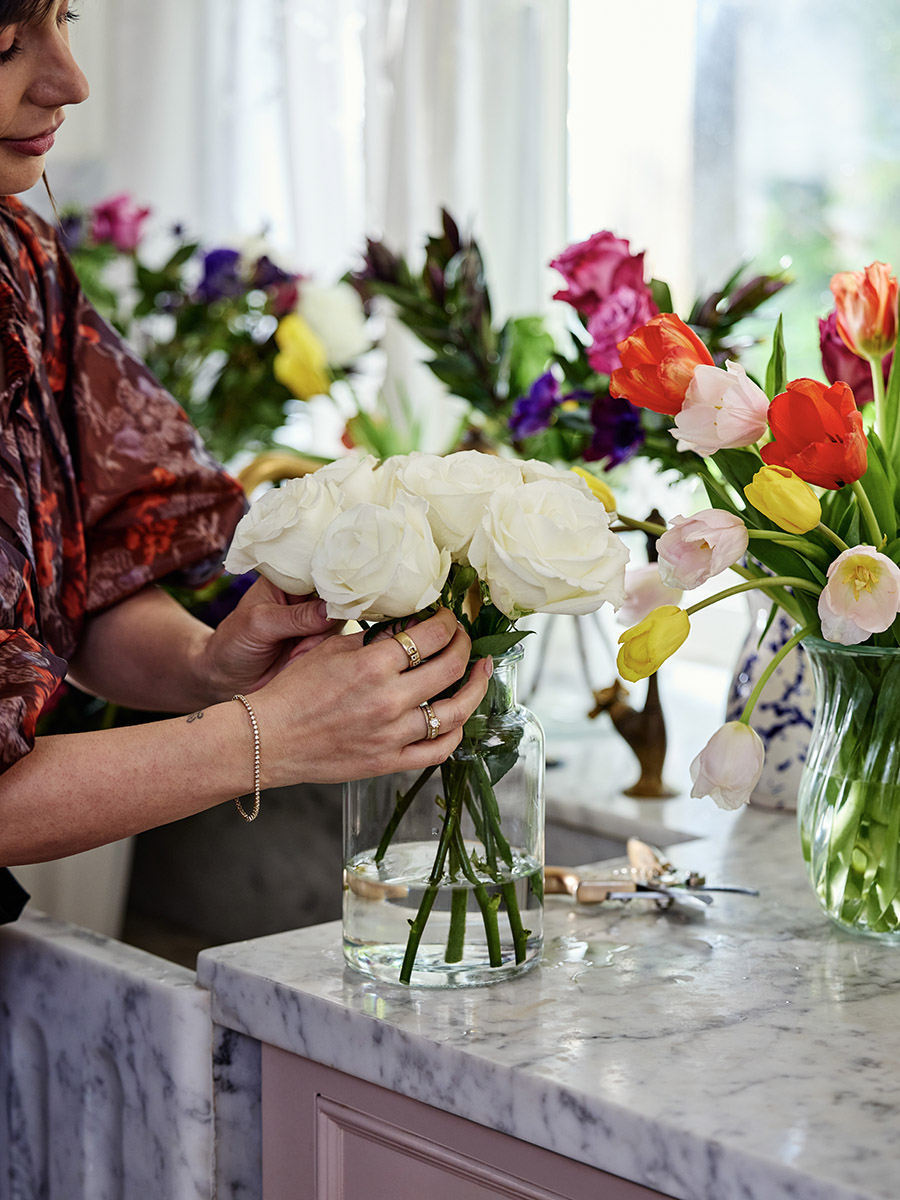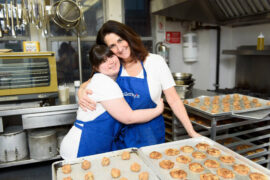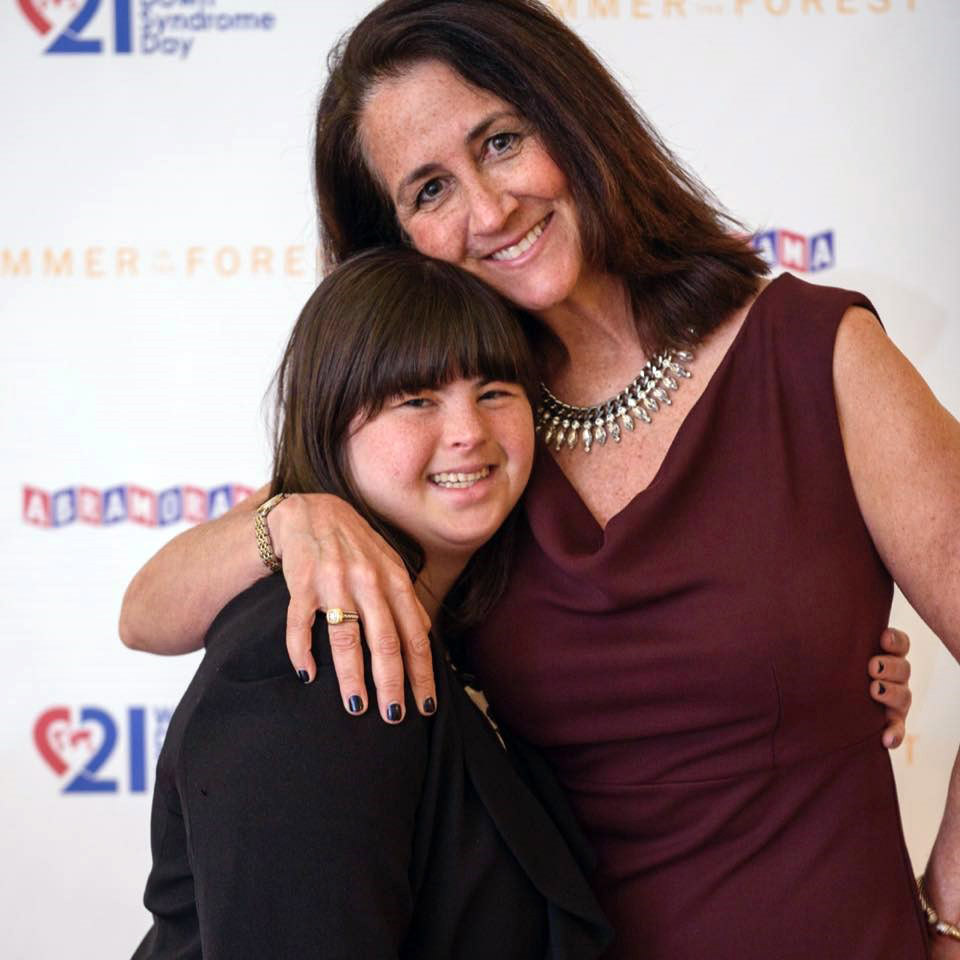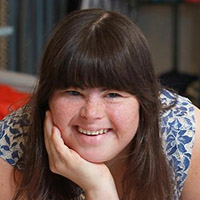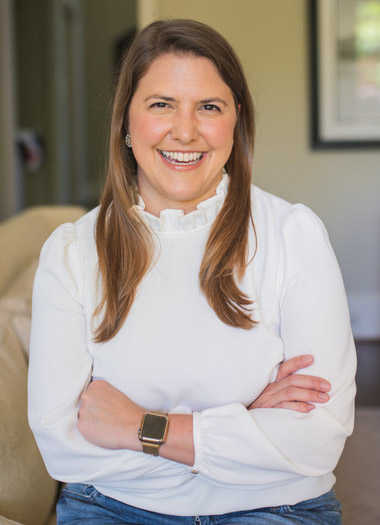
“A parent helping parents.”
That is one way to describe Anna McKay, a career and leadership coach who helps parents reenter the paid workforce after time away — a demographic she calls “returners.”
The mother of two daughters, ages 13 and 10, and former accountant became a professional coach in 2008 while living abroad in the Philippines and China with her husband. “I was inspired by the women I saw who stopped paid work and moved overseas to be with their spouses.”
When Anna and her husband moved back to the United States, settling in the Houston area, she began encountering women who had taken time off from work to raise their kids and were ready to rejoin the workforce — but many didn’t know where to begin.
McKay knew that coaching could help. “I was doing career transition coaching and helping people figure out their transferable skills,” she says. “That’s the way I see parenting: It’s just another kind of career. You’ve got transferable skills (McKay cites fundraising, volunteering, and community building, among others), but how do you convey them to an employer?”
Putting her expertise to use
She put together her first group coaching program for mothers where she had a half dozen attendees. “I had my first cohort, and it was really well received,” she says. “I got so much energy from that first group — I had never known that before.”
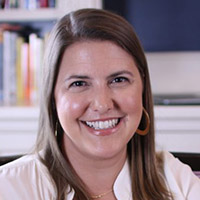
“I want to be part of creating a world where it’s OK to be a parent.
Anna Mckay
Founder, Parents Pivot
That’s when McKay realized she had found her calling. “This work is powerful, and it can impact so many women and lift so many people up.”
She continued to host in-person coaching sessions, and the response was so positive that she formalized them under the banner “THRIVE Like a Mother” (recently renamed “THRIVE Like a Parent”). Since then, McKay has supported more than 100 people through THRIVE.
In mid-2019, McKay launched Parents Pivot to broaden her offerings. (THRIVE now lives under the Parents Pivot umbrella.) In addition to group coaching sessions, the organization offers resources for working parents, returners, and caregivers, including one-on-one coaching for parents and their managers; training for managers of parents and caregivers navigating parental leave or caring for children or aging parents; and parents considering career transitions or desiring more work-life balance.
One ingredient that makes her work successful, McKay says, is that it comes without an agenda. “We are thought partners for parents who haven’t spent a lot of time thinking about what they want,” she says. “We act as an advocate for them.”
A process that empowers
Much of McKay’s work centers on helping clients uncover not only what they enjoy but the skills they developed during their time off and how those translate to the workforce. She also teaches them how to communicate their value and negotiate salaries to prospective employers.
One of the first questions McKay asks clients when she meets with them is: “Where did you choose to spend your time during unpaid work?” From there, she digs deeper, pressing them to think about how everything they’ve acquired translates to paid work. Did they coach their child’s hockey team? Set up payment systems for fundraisers? Lead the PTO? All those experiences are relevant to career development and finding future work.
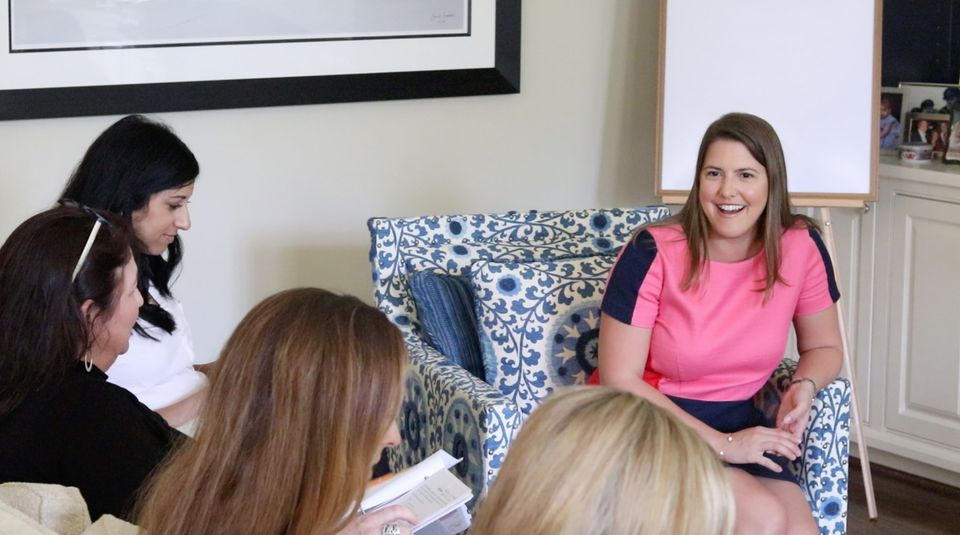
Getting ready to re-enter the workforce, after being out of it for years, from a skills standpoint is hard enough. But McKay’s clients must also clear the mental hurdle that they are doing the right thing for not only themselves but their families. “When moms return to paid work, they often think about what they are giving up,” McKay says. “But there are so many benefits that they’re also giving their family.” Financial support is the most obvious one, she notes, but there’s also the chance to be a role model for “how to move past challenges, learn, grow, and try hard things.”
“I want to be part of creating a world where it’s OK to be a parent,” McKay says. “It’s OK to take a career pause for whatever reason, build skills, and come back to work and have your skills be recognized for the value they bring. … I mean, who wouldn’t want an employee who really wants to be working?”
